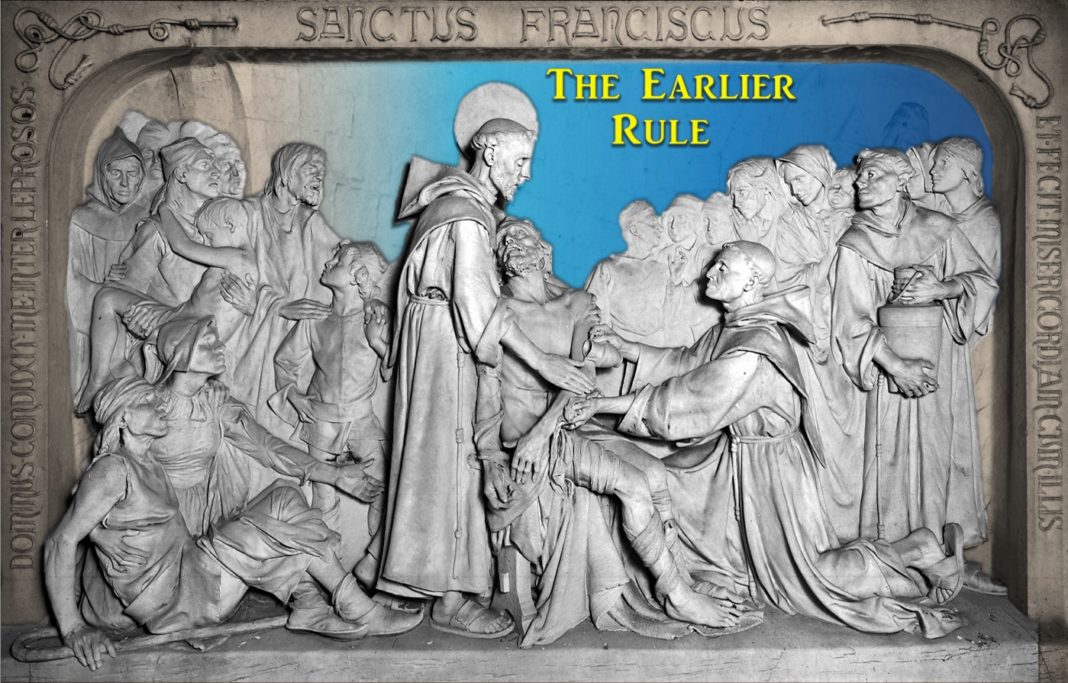In the last part of chapter IV of the Earlier Rule, St. Francis writes:
Let the ministers and servants remember what the Lord says: “I have not come to be served, but to serve” and because the care of the brothers’ souls has been entrusted to them, if anything is lost on account of their fault or bad example, they will have to render an account before the Lord Jesus Christ on the day of judgment. [1]
One might think this Gospel passage was addressed only to superiors, but this is not the case. St. Francis clearly states that this chapter is written for ministers and servants. Every friar is called to serve, each according to his own office and obedience. However, as we said in the previous reflection, this chapter can only be understood through a spirit of minority and fraternity.
It is true that when we speak of fraternity, it seems we all know what we are talking about, to a greater or lesser degree, even though living it is another story. However, when we talk about “being minor” we hesitate, or worse, we confuse minority with humility or poverty. Thus, we think: “we are minor if we are poor, humble or submissive.” However, if this is our thought, we have not grasped the full meaning that St. Francis intended to give this word.
We said at the beginning of this series of reflections that the Earlier Rule was founded on the Gospel, on the person of Christ. Well, Jesus Christ is the model and standard for understanding and living the concept of “being minor” that the Poverello proposes.
The Word was made flesh, minor and small. Being the eldest among many brothers, he made himself the youngest. This statement: “and the Word was made flesh”, we call kenosis. “Being minor” is equivalent to “being kenotic”. To follow in the footsteps of Jesus Christ is to recreate this same process, to recreate kenosis in everything we do; this is what really makes us “minor.” If we fail to understand this, our service, our pastoral activities, could become a simple quest for something to boast about; our relationships could become utilitarian, despotic or cold. Therefore, our being Franciscans would be nothing more than an illusion or, worse, a mask or a beautiful disguise.
This topic, which is so critical for the men and women of the 21st century, is something we will revisit in future articles.
How can we live this “being minor” that St. Francis proposes if we are not clear about what it means and what it entails? How do we continue in our services, settings, pastoral care, and relationships, if we do not take this “being minor” into account? How can we be ministers and servants without considering these matters?
St. Francis writes: Let the ministers and servants remember what the Lord says. What does the Lord say to us today? A text that is now 800 years old continues to challenge us and keep us in check.
Until our next reflection,
Friar Elio J. ROJAS
[1] Earlier Rule IV, 6; FF 14.



















